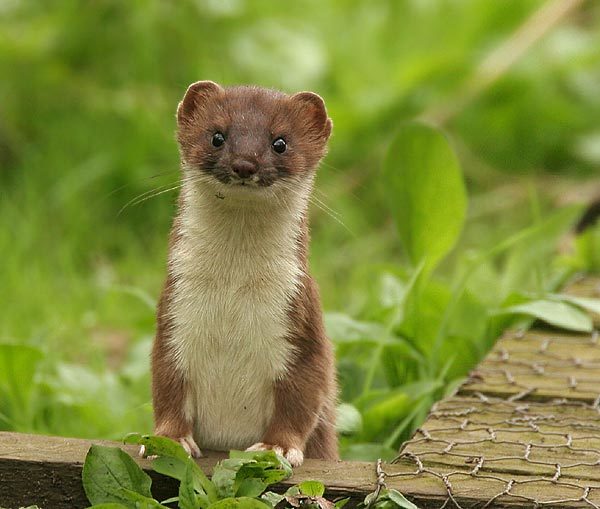A row has broken out between gamekeepers and conservation charity RSPB Scotland over the multi-million pound cull of stoats on Orkney.
The Scottish Gamekeepers Association has contacted Police Scotland to what it claims may be a case of illegal trap-setting carried out by contractors on the project.
The allegation is vehemently denied by RSPB Scotland, who claim the traps are legal.
The charity is aiming to wipe out all the non-native stoats on Orkney in order to conserve native wildlife.
The five-year Orkney Native Wildlife Project has received around £6million of taxpayer’s money from EU Life, Heritage Lottery and Scottish Natural Heritage.
Scottish Gamekeepers Association chiefs believe officials may have to rethink plans after looking into the way approved predator traps are being deployed.
They were alerted to “possible mis-setting” of stoat traps and SGA officials claim they were informed by experts that the metal DOC 200 spring traps, built in New Zealand, did not appear to be set in a way that conforms to new guidelines.
They have raised concerns over whether they meet legal requirements of the 2018 Spring Traps Approval (Scotland) Amendment Order.
SGA Chairman Alex Hogg said: “The traps were brought to our attention because a land manager, having a break with his family, was intrigued by the way they had been set.
“It was after looking at the images that one of our members, who had been taking advice on DOC trap models himself, noticed the ones being used by RSPB raised questions about the legal dimensions of the inner baffle and excluder aperture.
“We had this checked out and felt it was best to alert the police so the traps may be removed and investigated further.”
The eradication project aims to place thousands of humane lethal traps around the island.
James Reynolds, of RSPB Scotland, said: “The traps are legal. They are fully compliant with all relevant legislation, and specifically the amended Spring Trap Approval (Scotland) Order.”
A police spokesman confirmed: “A report has been received and inquiries are at an early stage.”
The presence of stoats, first recorded in 2010, threatens a variety of species, including the Orkney vole, which is found nowhere else in the world.
